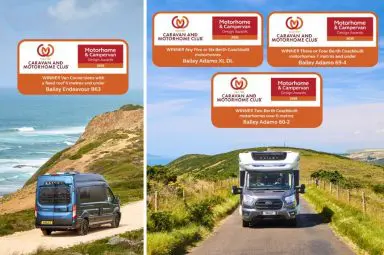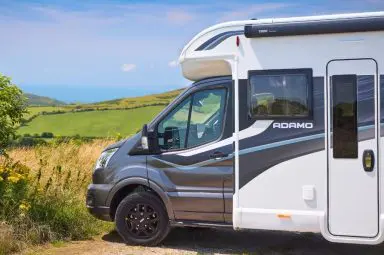The Reality of Home Schooling on the Road
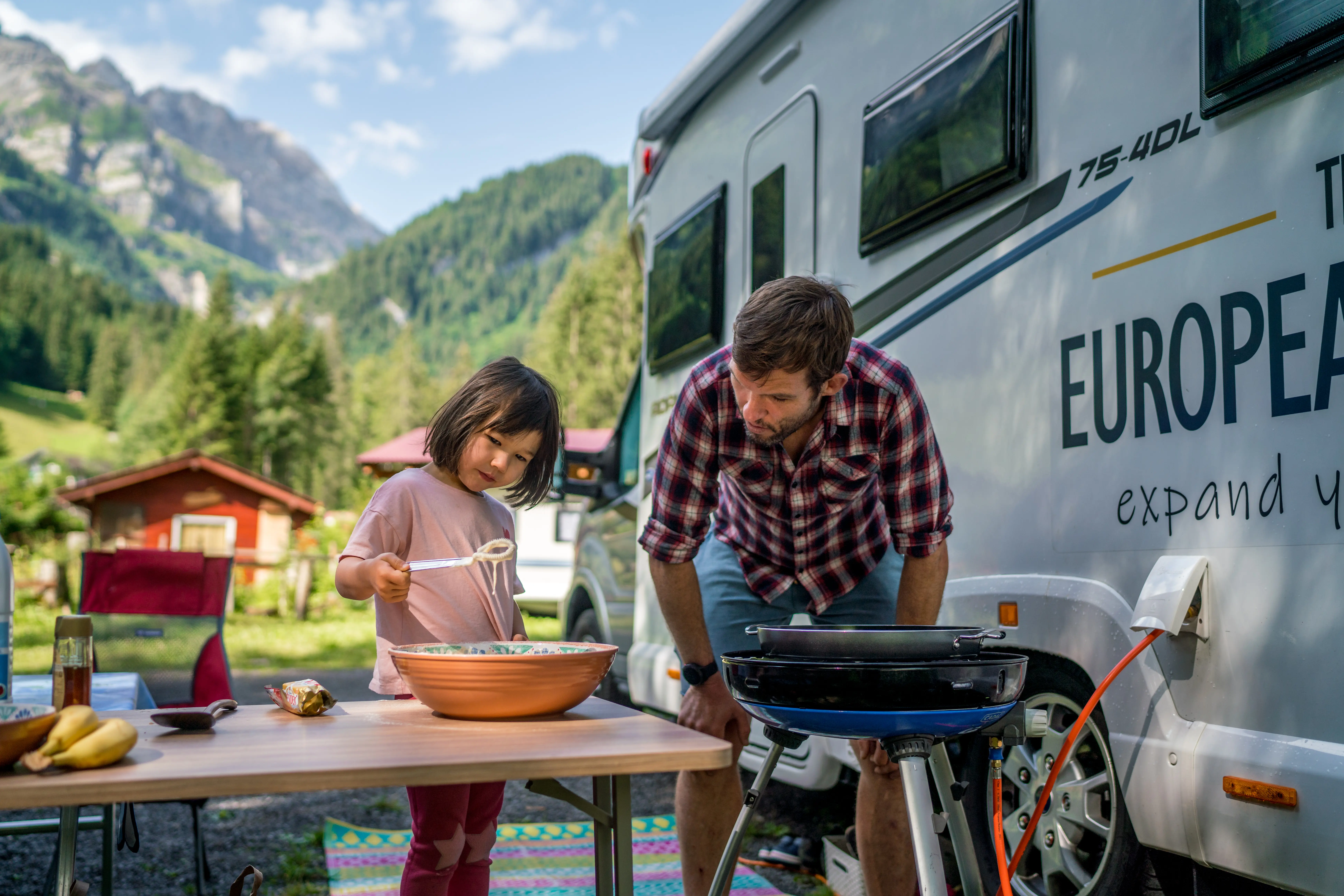
It’s not that we mind the question, after all, it’s perfectly valid given that we decided to remove Harrison from school and Dorothy from nursery. In doing so, we assumed the responsibility for their ongoing education ourselves, which, for the record, is easier said than done.
At the outset, we had a simple philosophy; not all classrooms have four walls (indeed, ours would have four wheels), and the world, our travels and our experiences would be the best teachers that children aged six and three could have.
In the early months, this philosophy served us well and still does to a large extent. Kim’s fastidious approach to reading with Dorothy meant that before she even turned four years old, she was well ahead of where she’d be expected to be at her age and continues to flourish. Harrison’s curiosity ensured that he was learning a wide range of interesting lessons and facts, from World War history and Greek mythology to the formation of glacial lakes and how oysters are farmed.
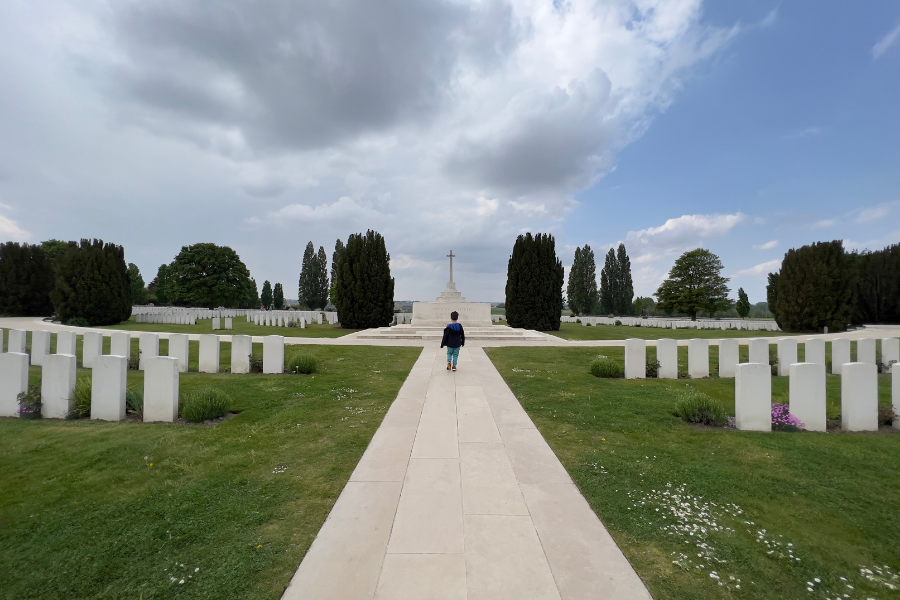
However, the longer we were on the road, the more there was a feeling that Harrison was not being challenged in the way he might be if he were in school. The solution was, thankfully, easy to come by thanks to a recommendation from a fellow family living life on the road, and came in the form of a private tutor to teach math, English and Mandarin. After setting up a trial lesson, it was clear that Harrison and Amy not only got along but most importantly, he enjoyed it and wanted to continue the lessons.
So now, every Tuesday and Thursday morning, the back lounge of our Adamo is converted into a classroom (one of its many uses), and Harrison has his lessons, much like he would at school, ensuring he is maintaining his academic development. Combined with our ‘classroom without walls’ philosophy, both he and Dorothy are getting the education they need, which for us is the final piece of the jigsaw for living life on the road. It means we can travel indefinitely knowing that every aspect of a ‘normal life’ air home is replicated on the road.
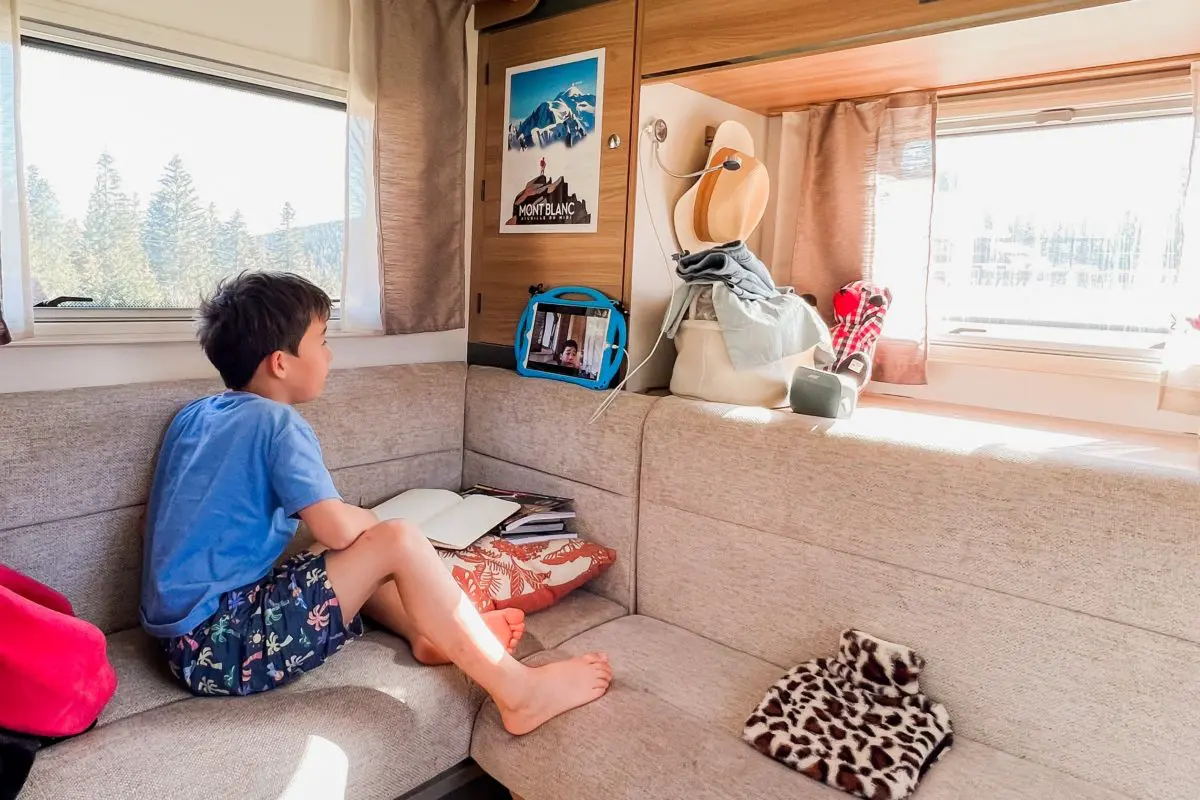
We are by no means experts when it comes to home schooling, given we are still learning ourselves, however, if we can offer any advice to those considering doing something similar to us, then it would be this.
- If you’re only going away for a few months, then we really don’t think there is a need to worry about school, rather let your children enjoy the experience and not have to worry about anything else. The experiences they have will be more than enough during that time to ensure they continue to develop. It’s only when you’re going full-time on the road that you may need to factor in a more formal education.
- Let your children’s curiosity and interests guide what you learn about. When you’re on the road you see and do so much, not all of which will be of huge interest to your children. So, when you notice something, they really show an interest in, pick up on that and feed their passion for a topic. We have noticed that if they don’t have a passion for it, they don’t put as much effort in and quickly lose interest.
- Be flexible in your approach to when learning takes place. Other than Harrison’s online lessons, which must be booked for a set time, we have no set schedule for when we sit and do focused learning. Instead, we let the children lead on that front, which comes with the luxury of having the time to do so. If Dorothy wakes up and wants to read books, then we do that, equally, if it’s eight in the evening and they want to go on Reading Eggs (a brilliant resource for children up to around ten years of age) then we let them. Much like we work flexibly at times that fit our schedule, they learn in the same way.
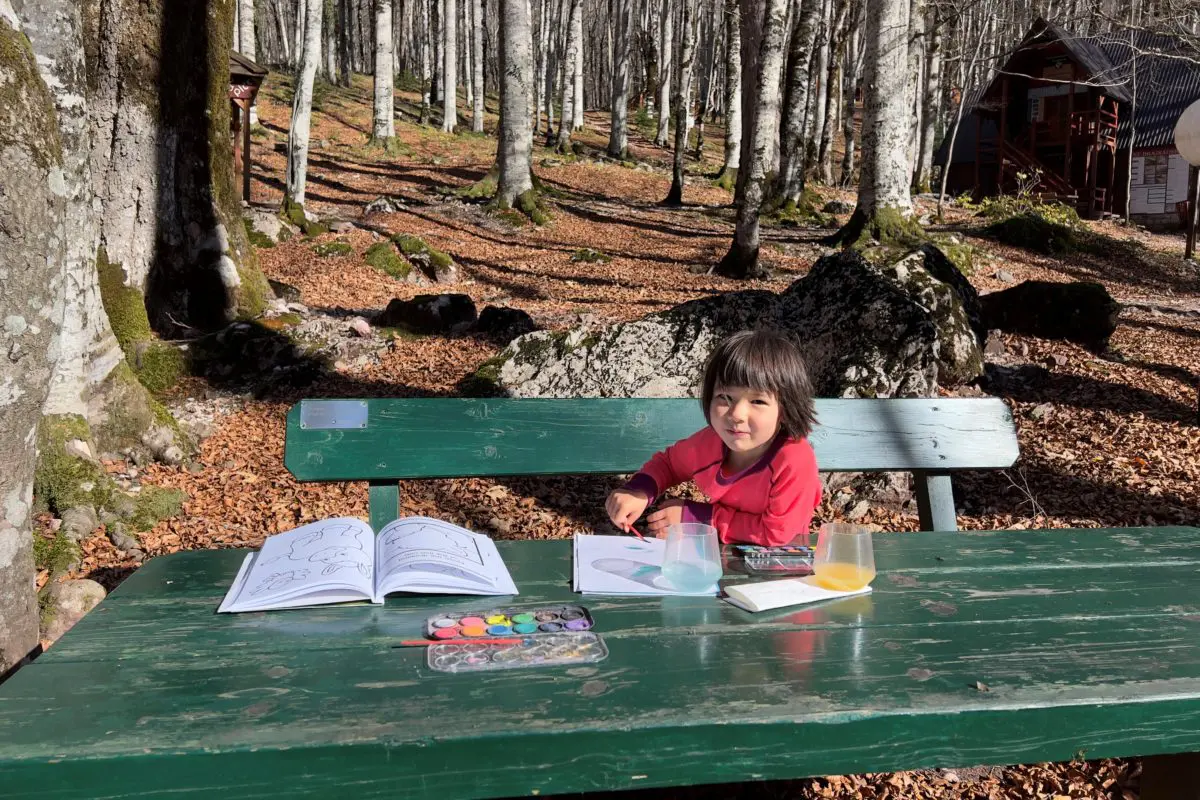
Don’t forget you can follow more of our adventures over on Instagram by following @MarcusLeachGlobal and @Our.Roaming.Odyssey, and on Twitter it’s @MarcusGLeach.
Previous
Preparing Your Motorhome for Winter Touring: Checklist
Next
News & Events
Latest news & events
See all news & eventsWinchester Caravans & Motorhomes Caravan, Motorhome and Awning Spring Spectacular
COLDEN COMMON, MAIN ROAD, WINCHESTER
Stowford Leisure (Devon) Spring Open Weekend & Awning Show
STOWFORD LEISURE (DEVON), A361 WEST DOWN, ILFRACOMBE, DEVON
